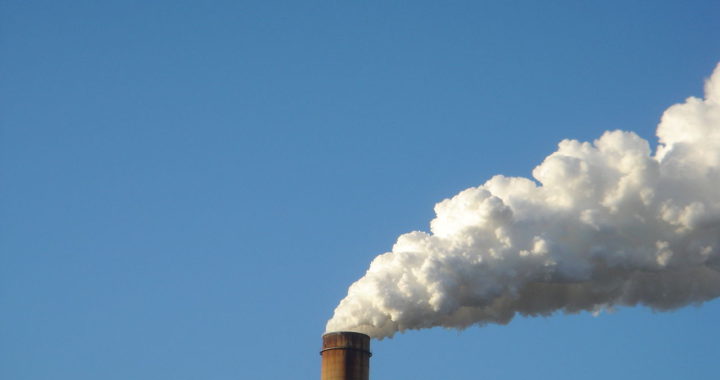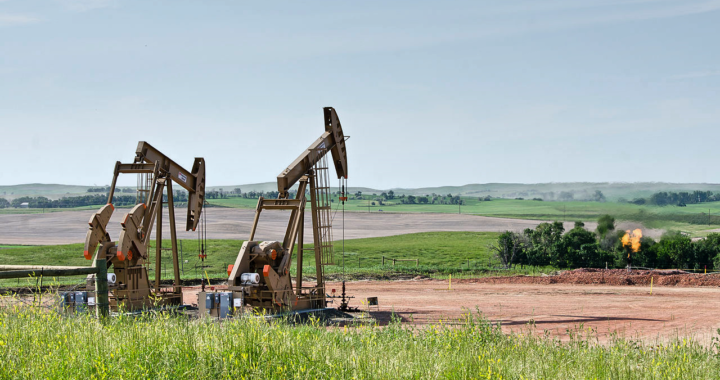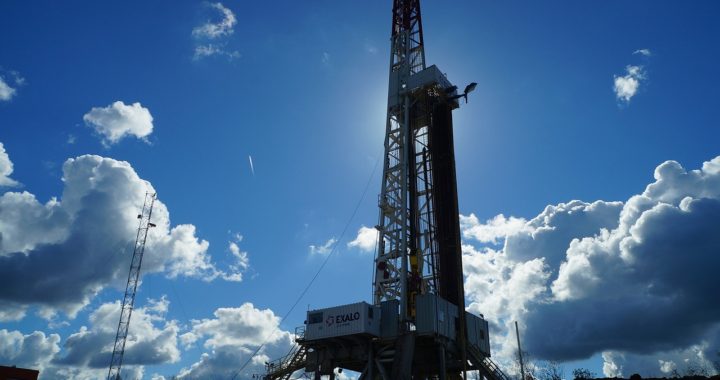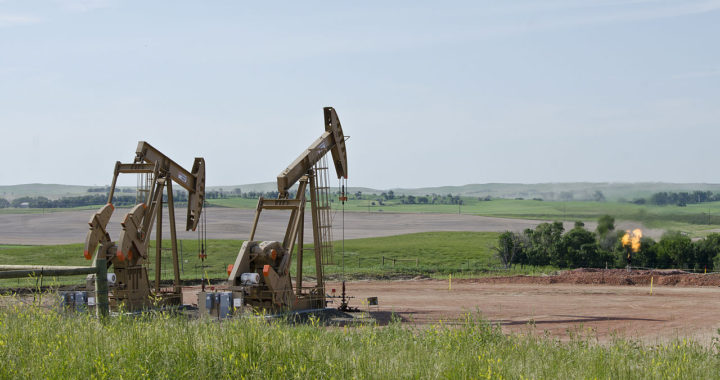When Donald Trump led the United States out of the Paris climate agreement last June, he was lambasted by the left for putting the national and global environment in peril. A little over a year later, however, it would appear that the numbers are skewing the other direction.
The U.S.A. Is #1
Over the course of 2017, the United States economy grew by three percent. Specifically, the oil and gas sector ramped up production after a multi-year slump. The red alerts splashed across the front page, and the (apparent) crowds of protestors clustering around drilling and fracking projects might have you thinking that this growth is also triggering a huge jump in hazardous pollution.
If that’s what you thought, you’d be wrong. Over the course of 2017, the United States reduced the emissions of carbon gas by half a percent. In the grand scheme of things, that’s a massive drop in the output of pollution.
It’s not a fluke, either. Since 2005, the United States has reduced carbon emissions by an astonishing 758 million metric tons. To put that in perspective, America eliminated nearly as much carbon emissions as the entire European Union (770 million metric tons in reduced carbon emissions).
Meanwhile, On the Other Side of the Planet …
Let’s speak plainly: every single one of the countries who entered the Paris Accord has failed to meet their goal for reduced carbon emissions. In fact, only 5 of the nations — Luxembourg, Netherlands, France, Portugal, and Sweden — have come within 50 percent of their planned goals.
The worst offenders are China and India, manufacturing nations who are pumping 10 tons of greenhouse gas for every ton that the United States eliminates.
The Solution Is Action, Not Signatures
When it comes down to it, exiting the Paris climate agreement didn’t really change the course charted a decade ago by corporations operating in the United States. Motivated not by federal regulation, but a sense of community, America’s companies have reduced carbon emissions of their own accord.
The numbers will tell you that no amount of government posturing can fix the environment. It doesn’t take regulation, it takes a collective desire to change.





